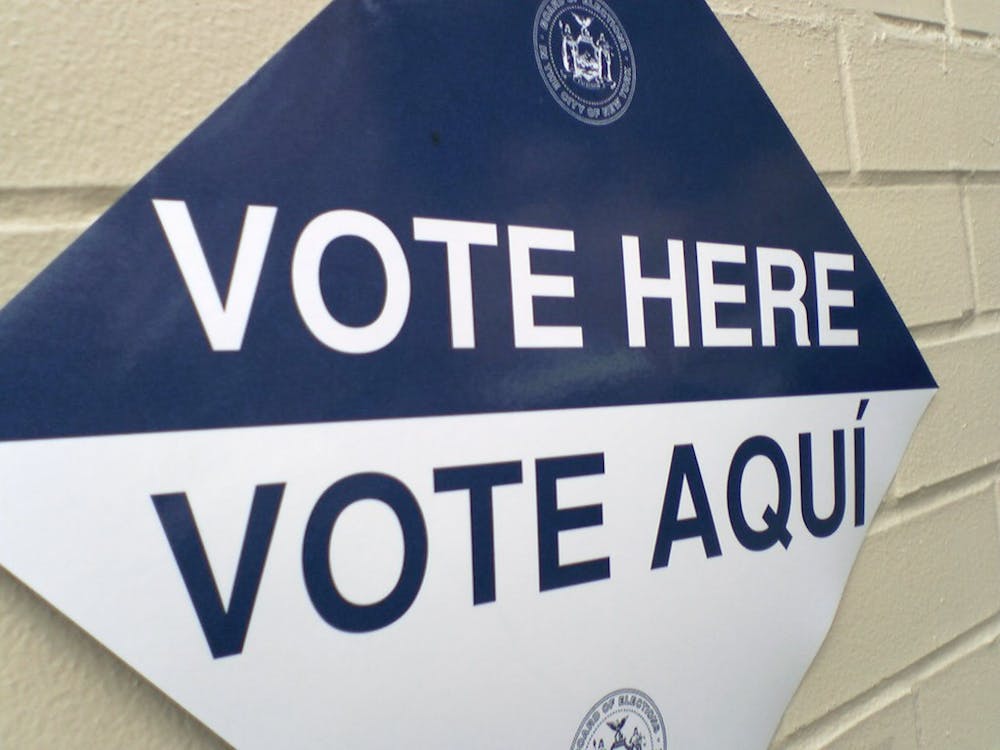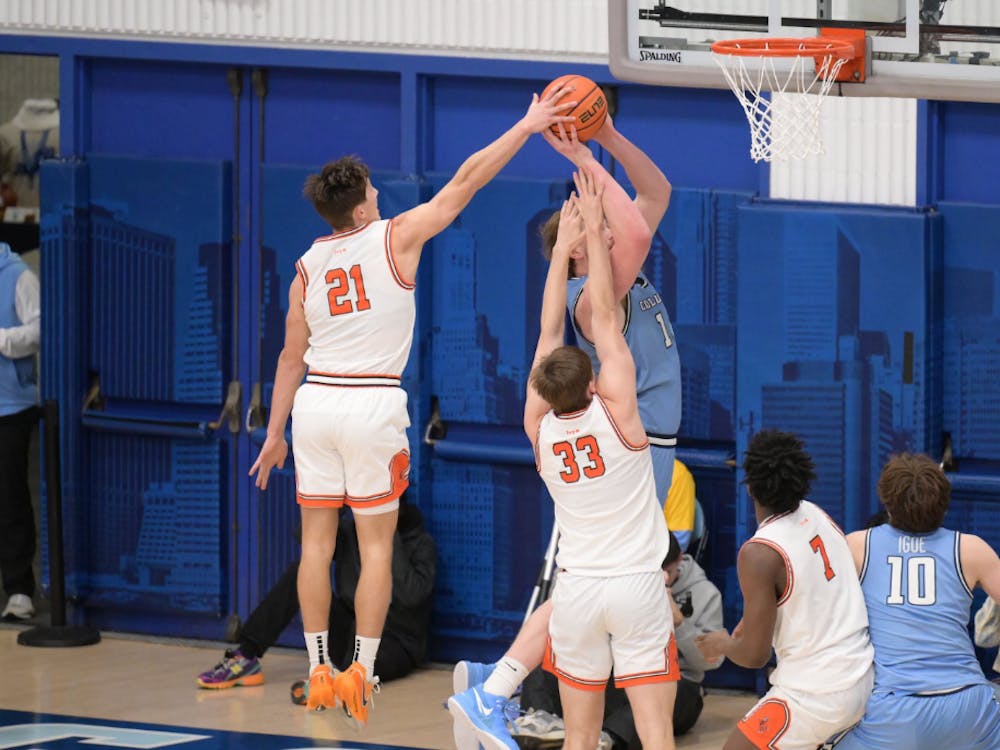The upcoming midterm elections on Nov. 8 will determine control of the United States House of Representatives and Senate, in addition to a variety of key governorships and other down-ballot races.
This election season, the role of youth turnout has garnered extensive media attention, as President Joe Biden’s approval rating is lower among Generation Z than any other age group. Some have suggested that as a result, youth voter turnout for the 2022 midterms will not be high. The Daily Princetonian spoke with University faculty and students about the upcoming election and the importance of youth voters.
In an email to the ‘Prince,’ Professor of Neuroscience Sam Wang, founder of the Princeton Gerrymandering Project, said, “Turnout among voters under the age of 25 is a persistent problem. Reliable voting requires practice over years and also staying in one place for a while.”
Wang emphasized that turnout is particularly important this year.
“In midterm elections, turnout is key,” he wrote. “Many voters feel that they are doing their duty by voting in a presidential year. But showing up two years later makes more of an impact.”
Vote100, a nonpartisan organization sponsored by the Office of the Dean of Undergraduate Students (ODUS), aims for every eligible undergraduate student at the University to vote. The group was established in 2014, when Princeton had the lowest turnout in the Ivy League — that year, just over 10 percent of the student body voted. Since then, the percentage of the undergraduate population who has voted has steadily risen, according to Thomas Dunne, the deputy dean of undergraduate students, who is in charge of overseeing Vote100.
Professor of Politics and Public Affairs Markus Prior wrote in a statement to the ‘Prince’ that turnout among youth voters in “2018 was dramatically higher than historically expected.”
But this fall, Prior expects a return “back to historical levels—fewer young people turning out [and] Democratic Party voters less likely to cast a vote.”

In 2020, the ALL IN Challenge, a group that aspires to increase turnout on American college campuses, awarded the University the Most Improved Voter Turnout Award. According to Dunne, the University’s voter turnout exceeded 75 percent that year.
Dunne credited this improvement to a change in programming. “In 2020, [Vote100] did individual outreach to every undergraduate student; we now do it to every incoming class during orientation,” he said.
This year, some student groups aiming to increase voter turnout have pivoted to new strategies. Sullivan Meyer ’24, the president of College Democrats, told the ‘Prince’ that during the 2020 election cycle, the organization hosted virtual phone banks for their members one to two times per week.
Meyer is a staff news writer for the ‘Prince.’

“That work was important, and earned some votes, but I think that was perhaps a little detrimental to people’s mental health and work life balance,” he said.
Meyer’s assessment, in addition to the loosening of COVID-19 restrictions, inspired College Democrats to host fewer phone banks this year, and instead organize canvassing opportunities.
“Canvassing has, by far, the highest impact on turnout, and it’s more meaningful for students to go out into the community and talk to voters,” Meyer said.
In an interview with the ‘Prince,’ Alex Norbrook ’26 fondly recalled a canvassing outing, despite rainy weather and mixed reactions from those whose doors they knocked: “It was a Sunday in Pennsylvania, and the Eagles were playing. So, a lot of people watching the game were not too pleased to see us at the door.”
“What kept me going was talking with my [canvassing] partner, making jokes, complaining about the weather, and talking about democratic issues,” Norbrook added.
The officers of the Princeton University College Republicans declined a request for comment.
Wang emphasized the importance of voting in the upcoming midterms, in order to ensure a “well-functioning democracy.”
“It’s a fraught time for democracy,” Wang wrote. “Ordinary people have to do much more than the ordinary if we are to have a well-functioning democracy in future years. This is especially true in states where election deniers are running. People are not just voting for next year's government, but the ability to conduct elections in the normal fair manner in 2024.”
Julian Hartman-Sigall is a news contributor for the ‘Prince.’ Please direct any corrections requests to corrections@dailyprincetonian.com.








